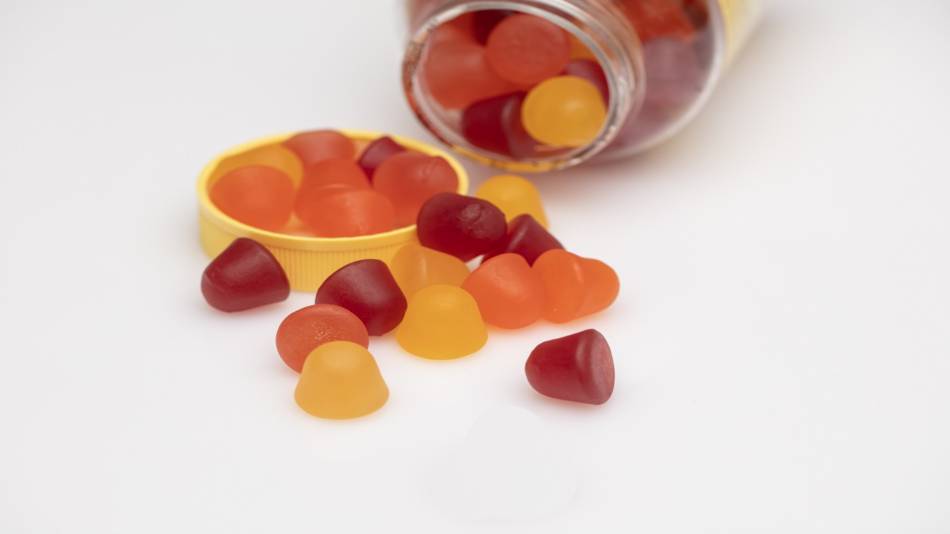
Answer:
Tests by ConsumerLab.com have found that some gummy supplements — particularly gummy multivitamins — contain less than, or much more than, their listed amounts of ingredients. We find more problems with candy-like supplements such as gummies than with traditional forms, such as tablets, caplets, and capsules.
You can see which gummies we have reviewed most recently — and which passed or failed our tests — in our reports on multivitamins, B vitamins, vitamin C, vitamin D, calcium, melatonin, probiotics, apple cider vinegar, CoQ10, astaxanthin, and elderberry.
Why There Are Quality Problems with Gummies
Manufacturing challenges associated with candy-like products likely explain the higher incidence of problems.
Gummies are notoriously difficult to manufacture because it is hard to measure in the correct amounts of vitamins and minerals (some are simply sprayed on a candy base) and ingredients in a gummy tend to degrade faster, leading manufacturers to put in more than the listed amount (an “overage”) to help ensure the gummy will continue to provide at least 100% of each listed ingredient throughout its shelf-life, as required by the FDA. However, this results in products with too much of a vitamin when first produced and a range of declining amounts by the time you consume them.
Because of the particular challenges in producing gummies, in mid-2022 the United States Pharmacopeia (USP-NF/PF) allowed gummies to have up to 245% of their listed amount of folate and still qualify as meeting USP standards as long as the actual amount does not exceed the Tolerable Upper Intake Level (UL). The limit for vitamin C is even higher — 250%, with no restriction on the overage causing the amount to exceed the UL. In contrast, the USP limit for these two nutrients in tablets and capsules is tighter — only 150%. The USP gives an extra 5 to 20 percentage points leeway on maximum amounts of other vitamins and minerals in gummies beyond what is allowed for tablets and capsules.
This seems potentially dangerous, as getting too much folic acid or vitamin C can cause toxicities and this is compounded by the fact that you may also be getting these vitamins from other supplements and/or foods fortified with these vitamins. Consequently, unlike some other third-party certification programs, ConsumerLab does not permit higher overages for gummies than for other types of supplements in its Product Reviews and Quality Certification Program. (ConsumerLab publishes its test methods and requirements for Approval freely online, and is the only the third-party certification program for supplements to do so.)
Also be aware that not all vitamins, minerals, and other ingredients are easily incorporated into gummies due to stability issues (such as with vitamin D or iron), so, if you are interested in a gummy supplement, check that it includes all the ingredients you want. You can check the ingredients in gummy supplements in the "Ingredients" section in each of our reports listed above.
Benefits and Risks of Gummies
A benefit of gummies is that they may be more palatable than a pill. Also, being chewable, they are easier to swallow than a pill and there is not the risk that the product won't properly break apart, as there is with a tablet.
A risk with any candy-like supplement, particularly for children, is that too many will be consumed, potentially resulting in toxicity. It's therefore best to give young children vitamins as needed and not leave them out.
Other issues with gummies are that many are sweetened with sugars (about 2 grams per gummy), adding extra calories to your diet, and, since they can stick to teeth, gummies can cause gum inflammation and promote cavities, making it particularly important not to have a gummy before going to bed.
Note that soluble fiber may be included in gummy supplements due to its natural gel-formation capability. While this helps increase fiber intake (most Americans don’t get enough), be aware that soluble fibers such as inulin or polydextrose act as prebiotics, feeding the good bacteria in your gut but possibly causing some gas and bloating.
Join today to unlock all member benefits including full access to all CL Answers and over 1,400 reviews.
Join NowAlready a member? Sign In Here.
Join now at www.consumerlab.com/join/

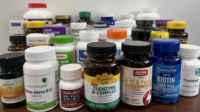
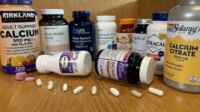
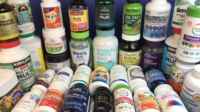
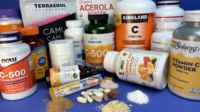
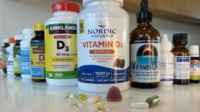

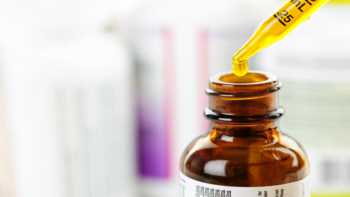
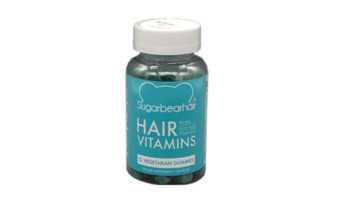
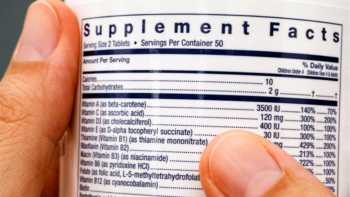
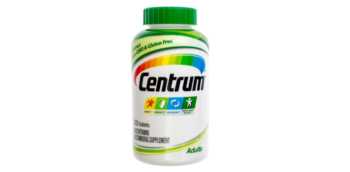







Jerri18545
January 28, 2024With serious absorption issues and nerve damage in esophagus from a genetic disorder, I need to supplement my nutrition, but my options are very limited on multiple vitamins. Liquid versions really are difficult to find at reasonable prices that are directed to the needs of 50+ women. Why can't vitamin makers develop chewable multivitamin forms rather than gummies? One a Day chewables would be wonderful. Even if the taste is bland.
Lee18870
February 28, 2024I use Isotinix supplements- mix with water and drink, so easy
I have no affiliation with the company this is my personal experience
Reply to this post…
Stephen3170
August 16, 2023I recently discovered that the melatonin gummies I started taking were responsible for my exacerbation in acid reflux. One night, I was awakened by esophageal spasms after taking 3 melatonin gummies. Gummy vitamins are made with sugar, sugar alcohols, artificial dyes and fillers, and gelatin. Gelatin slows peristaltic wave velocity and causes relaxation in the lower esophageal sphincter. This likely resulted in the sticky gelatin gummy adhering to my esophagus, relaxing my lower esophageal sphincter, exacerbating my GERD - together producing painful esophageal spasms. Within one week of discontinuing the melatonin gummies, I was asymptomatic. Stephen Harlin, MD, FACS
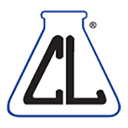 ConsumerLab.com
ConsumerLab.com
August 21, 2023It's possible that consuming gummies, or any supplement or food, close to bedtime, might cause or worsen GERD.
Reply to this post…
W. Robert3154
February 03, 2015"...if you are interested in a gummy supplement, check that it lists the ingredients you want."
How effective would this method be unless we know the manufacturing practices and ethics of the company developing the products, given that there is no real regulation ensuring that what is on the label is actually in the product?
 ConsumerLab.com
ConsumerLab.com
February 04, 2015Hi W. - Of course, in addition to first checking product labels to see whether they list all the ingredients you want (or don't want), look at our product reviews to see if we recently tested the product and, if so, whether or not it passed our rigorous evaluation.
Reply to this post…